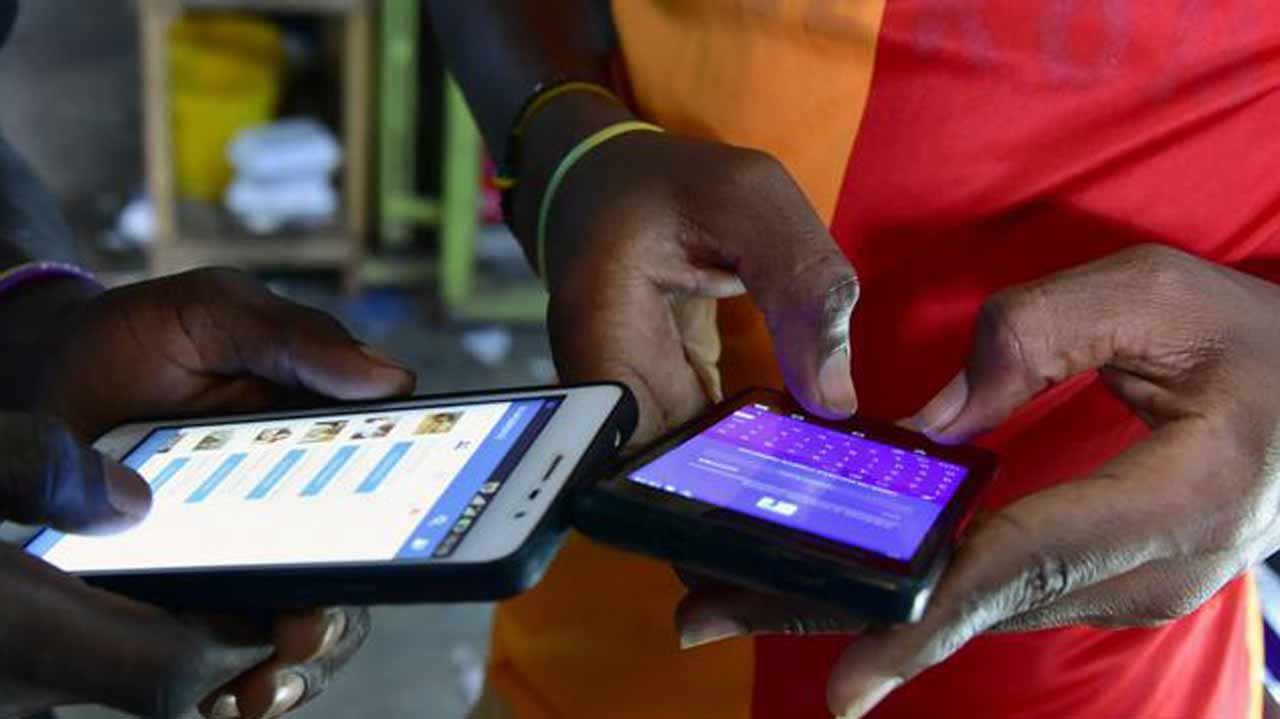
• Affordability drags digital quality of life in Nigeria
• Report claims Nigeria not ready to fight cybercrime
The challenge posed by affordability has dragged the Digital Quality of Life (DGL) of Nigerians and ranked the country low among other nations.
The fifth yearly DQL Index by Surfshark, a cybersecurity company focused on developing humanised privacy and security solutions, ranked Nigeria 88th in the world, dropping by two places from last year. Out of the Index’s five pillars, Nigeria performed best in Internet quality, claiming 62nd place, while facing challenges in affordability, ranking 108th. Nigeria ranked 73rd in e-security, 88th in e-government, and 93rd in e-infrastructure.
The DQL Index study ranks 121 countries (92 per cent of the global population) by their digital well-being based on five core pillars: Internet quality, Internet affordability, e-security, e-infrastructure and e-government. The study is based on the United Nation’s open-source information, the World Bank and other sources.
In the overall Index, Nigeria with over 200 million people lagged behind South Africa (72nd) and Kenya (76th). In Africa, Nigeria came seventh with South Africa the leader in the region.
According to the report, Nigeria’s Internet quality is just around the global average and ranked 62nd in the world, where the fixed Internet speed (25 Mbps) improved by 33 per cent since last year, while mobile speed (47 Mbps) improved by 87 per cent.
Surfshark disclosed that the Internet is highly unaffordable in Nigeria compared to other countries. It stressed that Nigerians have to work 35 hours 25 minutes a month to afford fixed broadband Internet — 119 times more than in Romania, which has the world’s most affordable fixed Internet.
According to the report, Nigerians have to work two hours 59 minutes 15 seconds a month to afford mobile Internet. This is 11 times more than in Luxembourg, which has the world’s most affordable mobile internet (Luxembourgers have to work 16 minutes a month to afford it).
Indeed, Nigeria performed very low in the Internet affordability pillar, ranking 108th, which would need to improve by 92 per cent to match the best-ranking country, which is France.
On the Internet quality, which is just around the global average, the world’s fastest fixed Internet is Singapore at 300 Mbps, while the slowest fixed Internet in the world — Yemen’s — is 11 Mbps and Nigeria, which averages 25Mbps for Fixed. On the other hand, mobile Internet averages 47 Mbps. The fastest mobile Internet — the UAE’s — is 310 Mbps, while the world’s slowest mobile Internet — Venezuela’s — is 10 Mbps.
Compared to South Africa, Nigeria’s mobile Internet is 31 per cent slower, while fixed broadband is 64 per cent slower. The report, however, observed that since 2022, mobile Internet speed in Nigeria improved by 87 per cent, while fixed broadband speed has grown by 33 per cent.
Surfshark said Nigeria is 93rd in e-infrastructure and 88th in e-government. According to it, advanced e-infrastructure makes it easy for people to use the Internet for various daily activities, such as working, studying, and shopping, among others. This pillar evaluates how high Internet penetration is in a given country, as well as its network readiness (readiness to take advantage of Information and Communication Technologies). Nigeria’s Internet penetration is moderate (73 per cent to 86th in the world), and the country ranks 105th in network readiness.
The e-government pillar showed how advanced a government’s digital services are and the level of Artificial Intelligence (AI) readiness a country demonstrates. Nigeria’s e-government is below the global average.
Nigeria is 73rd in the world in e-security — seven places lower than last year. The e-security pillar measures how well a country is prepared to counter cybercrime, as well as how advanced a country’s data protection laws are. In this pillar, Nigeria lags behind South Africa (72nd) and Kenya (65th). Nigeria is unprepared to fight against cybercrime, and the country has very low data protection laws.
Surfshark’s spokeswoman, Gabriele Racaityte-Krasauske, said: “In many nations, ‘digital quality of life’ has merged into the broader concept of overall ‘quality of life’. There’s no other way to look at it now that so many daily activities, including work, education, and leisure, are done online.
That’s why it’s crucial to pinpoint the areas in which a nation’s digital quality of life thrives and where attention is needed, which is the precise purpose of the DQL Index.”






